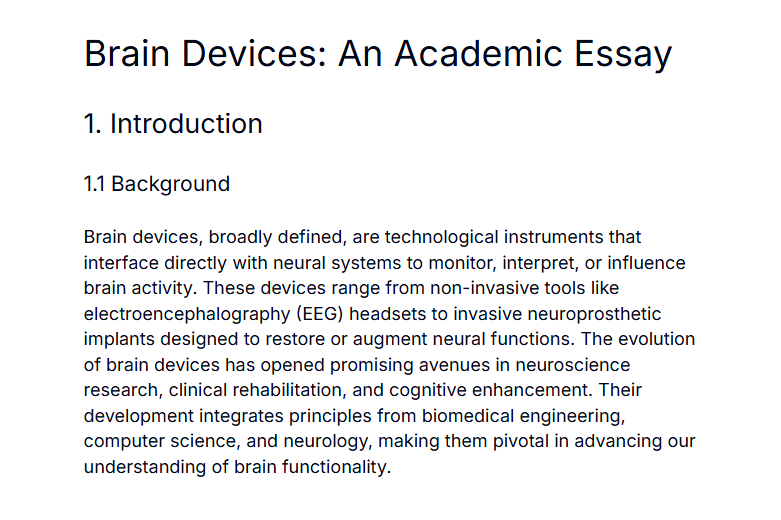Teoría CAPS (Mischel y Shoda): Modelos de Interacción Persona-Situación
Autor Principal
The cognitive‐affective processing system (CAPS) was primarily developed by Walter Mischel and Yuichi Shoda (Mischel & Shoda, 1995). Their work has reoriented personality research by focusing on how individuals’ internal cognitive and affective processes interact with external situational factors, challenging traditional trait-based models of personality.
A qué Modelo Teórico Pertenece
CAPS belongs to a broader cognitive‐affective theoretical framework that views personality as a complex dynamic system. Rather than treating personality as a collection of fixed traits, the CAPS model emphasizes that behavior emerges from the interaction between stable cognitive–affective units and varying situational cues. This interaction reinforces the idea that personality is both organized and adaptive in response to environmental changes (Mischel & Shoda, 1995).
Conceptos Esenciales
The model identifies several key cognitive–affective units that collectively shape individual behavior. These include:
- Encoding Strategies: The ways individuals interpret and categorize internal and external stimuli.
- Self-Regulatory Competencies: Skills that govern thought processes, goal-setting, and the control of behavior.
- Expectancies and Beliefs: Personal predictions regarding the outcomes of various actions.
- Goals and Values: The ideals and objectives that guide behavior across contexts.
- Affective Responses: The emotional reactions that accompany physiological and psychological stimuli.
Together, these units explain both the consistency of an individual’s “behavioral signature” and the observed variability in responses across different situations (Mischel & Shoda, 1995).
Cómo Explica la Personalidad
The CAPS framework explains personality by positing that behavior is not uniform across all contexts. Instead, an individual’s responses are determined by the dynamic interplay between internal cognitive–affective units and situational specifics. For example, a person may display assertiveness in one context and reticence in another, depending on how they interpret the unique demands of each situation. This “behavioral signature” reflects a stable yet flexible pattern that underlies the apparent contradictions in everyday behavior (Mischel & Shoda, 1995).
Cómo se Evalúa la Personalidad
Evaluation within the CAPS framework requires a multi-method approach. Researchers assess personality by tracking an individual’s responses across varied situations, using experimental paradigms, self-report inventories, and observational methods. This comprehensive evaluation allows practitioners to identify the specific cognitive–affective units in action, thereby revealing the distinct “signature” patterns of behavior maintained over time and across contexts (Aguilar, 2020). Such cross-situational analyses help in understanding not only stable individual differences but also the situational triggers that may modify behavior.
Note: This section includes information based on general knowledge, as specific supporting data was not available.
Aplicación en Videojuegos y Simulaciones Adaptativas
The principles of the CAPS model have promising applications in the design of video games and adaptive simulations. By recognizing that users’ behavior depends on their cognitive–affective reactions to in-game events, designers can create dynamic environments that adjust challenges and narratives in real time. For instance, a game might monitor a player’s decision-making patterns and emotional responses to tailor difficulty levels and story outcomes, thus providing a more immersive and personalized experience.
This adaptive mechanism capitalizes on the idea that personality is expressed through varying behavioral signatures in differing contexts, allowing simulations to respond flexibly to the player’s unique profile. Such applications not only enhance user engagement but also offer a practical demonstration of person–situation interaction theories in action (Mischel & Shoda, 1995).
Note: This section includes information based on general knowledge, as specific supporting data was not available.
References
Mischel, W., & Shoda, Y. (1995). A cognitive‐affective system theory of personality: Reconceptualizing situations, dispositions, dynamics, and invariance in personality structure. Psychological Review, 102(2), 246–268. https://doi.org/10.1037/0033-295X.102.2.246
Aguilar, R. (2020). MODELOS TEÓRICOS QUE EXPLICAN LA PERSONALIDAD. Retrieved from https://www.sicologiahoy.com/
